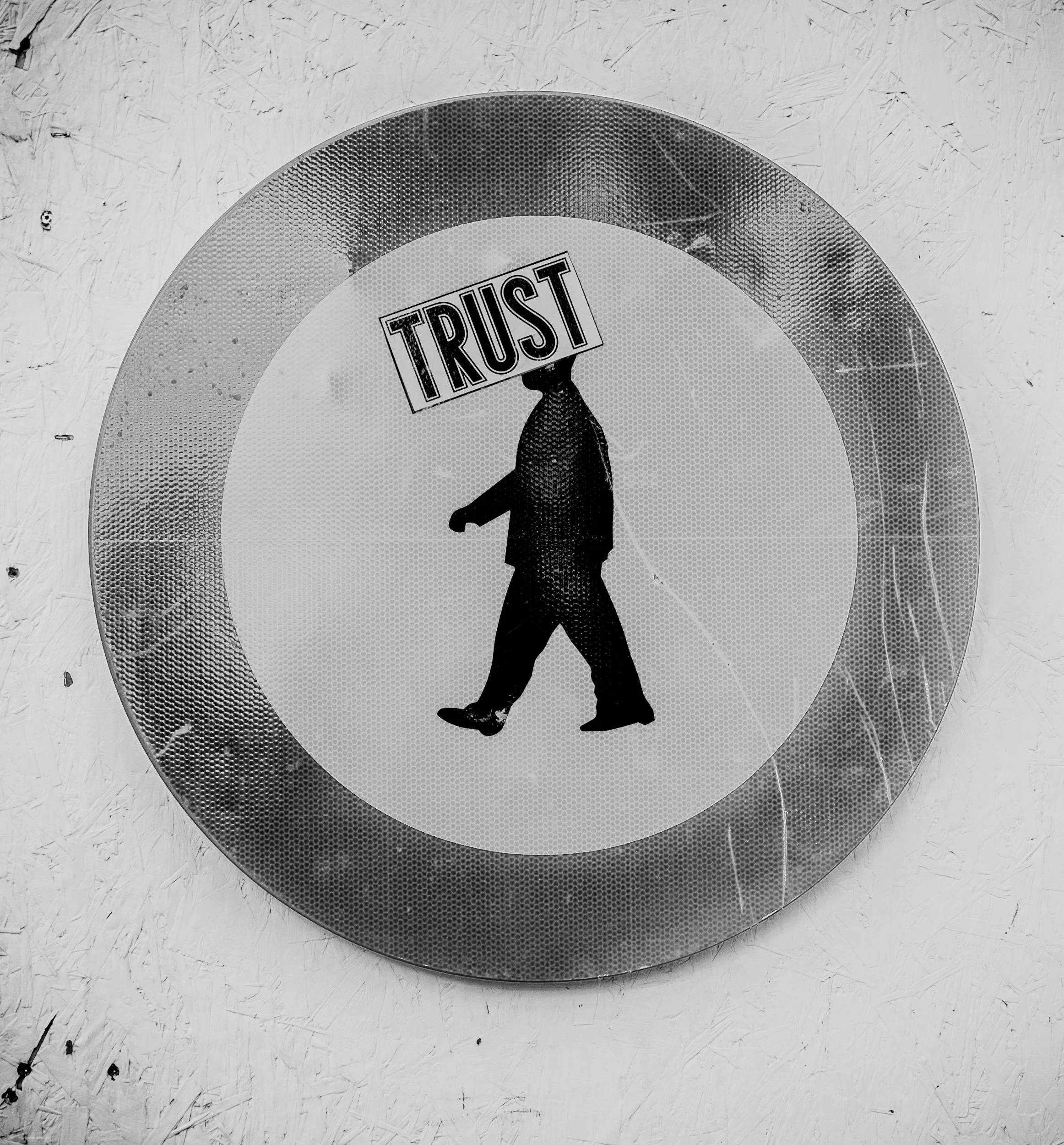Staying Safe in Australia: Essential Tips for Students
Landing in Australia for uni is like stepping into a postcard - sunny beaches, vibrant cities, and a welcoming vibe. But as an international student, navigating safety in a new country can feel like learning a new language. I remember my first night in Sydney, unsure if it was okay to walk home alone. Local students, you’re not off the hook - city life and online traps can catch anyone off guard. Safety isn’t about fear; it’s about being smart. Here are six practical tips to keep you secure, whether you’re exploring Melbourne’s laneways or chilling on a Brisbane campus.
Know Emergency Contacts
Australia’s emergency number is 000 - call it for police, fire, or ambulance. Save it in your phone today. International students, your Overseas Student Health Cover (OSHC) often includes a 24/7 helpline; check your provider’s card and store that number too. Local students, keep your uni’s security line handy, like UQ’s 24/7 campus patrol.
If you’re hesitant to call due to language barriers, practice saying, “I need help at (your location).” Studies show quick access to emergency contacts reduces risks, giving you peace of mind.
Stay Alert When Out at Night
Whether it’s a late study session or a pub night, stick to well-lit areas and travel with a mate. Use apps like TripView to check bus or train times and avoid long waits. International students, Aussie cities like Perth are generally safe, but petty theft happens - keep your bag close. Local students, you know the drill, but don’t get complacent in familiar spots.
I once took a shortcut through a dark park and regretted the nerves. Stick to main paths. Research highlights that situational awareness cuts crime risks significantly.
Learn Local Safety Laws
Australia’s laws might surprise international students. For example, jaywalking (crossing roads outside crosswalks) can lead to fines, and drinking in public spaces is often banned. Check your city’s rules on sites like Australian Federal Police for basics. Local students, you might know these, but refresh on laws like bike helmet mandates to avoid tickets.
Ask a local friend, “What’s one law I should know?” to get the scoop. Knowing the rules helps you blend in and stay out of trouble.
Protect Your Online World
Scams target students - think fake rental ads or phishing emails. Use strong passwords (mix letters, numbers, symbols) and avoid public Wi-Fi for banking. International students, watch for visa scam texts promising “fast approval” - never share personal details. Local students, you’re not immune; I fell for a dodgy Gumtree deal in 2018 and lost 300 dollars.
Enable two-factor authentication on your email and bank accounts. Studies show robust online habits prevent identity theft, keeping your savings safe.
Trust Your Gut in Social Settings
Aussie social scenes - think BBQs or uni parties - are fun but can feel overwhelming. If a situation feels off, like someone pushing you to drink, politely leave with, “I’ve got an early class.” International students, cultural differences might make “no” feel rude - practice it anyway. Local students, set boundaries even with mates.
I once left a party that felt too rowdy, and it was the right call. Research suggests intuition is a powerful safety tool, so listen to it.
Take a Safety Workshop
Many unis offer free safety sessions, like self-defense classes or scam awareness talks - sign up through your student union. International students, these workshops often cover cultural tips, like how to handle confrontations politely. Local students, you’ll pick up fresh tricks, like spotting phishing emails.
For official safety tips, visit the Australian Federal Police for resources on staying secure.
Stay Safe, Thrive in Australia
Safety lets you enjoy Australia’s uni life worry-free. Know your emergency contacts, stay alert at night, learn local laws, protect your online world, trust your gut, and take a workshop. These steps keep you secure so you can focus on studies and adventures. Your safety is your strength - own it every day!
References
Australian Government (2023) Australian Federal Police: Safety for international students. Canberra: Australian Federal Police. Available at: https://www.afp.gov.au (Accessed: 31 January 2025).
Harrington, C. and Lindemann, D. (2015) Safety and security in urban academic spaces. New York: Routledge.
Sawir, E., Marginson, S., Deumert, A., Nyland, C. and Ramia, G. (2008) ‘Loneliness and international students: An Australian study’, Journal of Studies in International Education, 12(2), pp. 148–180. doi: 10.1177/1028315307299699.
Ward, C., Bochner, S. and Furnham, A. (2001) The psychology of culture shock. 2nd edn. Hove: Routledge.
Disclaimer
This blog contains links to external websites and platforms for informational purposes only. We are not affiliated with, endorsed by, or compensated by any of the organisations, platforms, or services mentioned. All references are provided to support students and readers in accessing useful resources.


